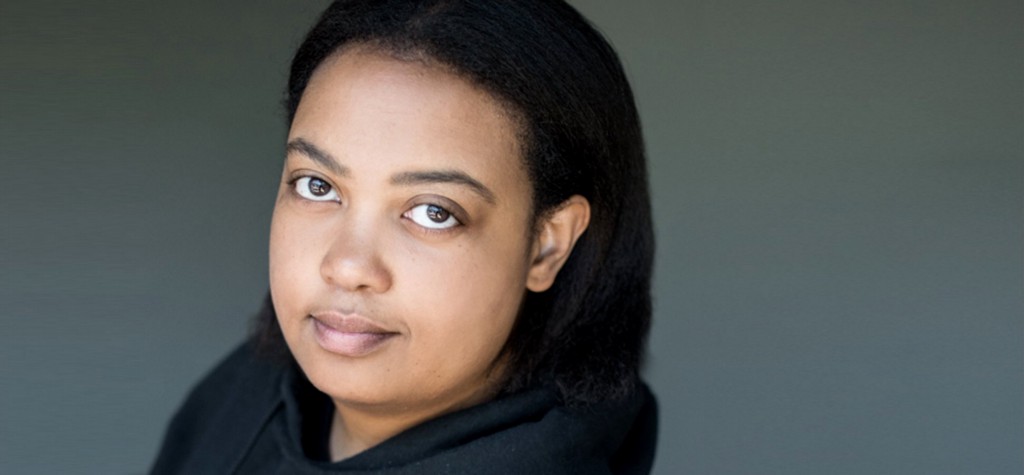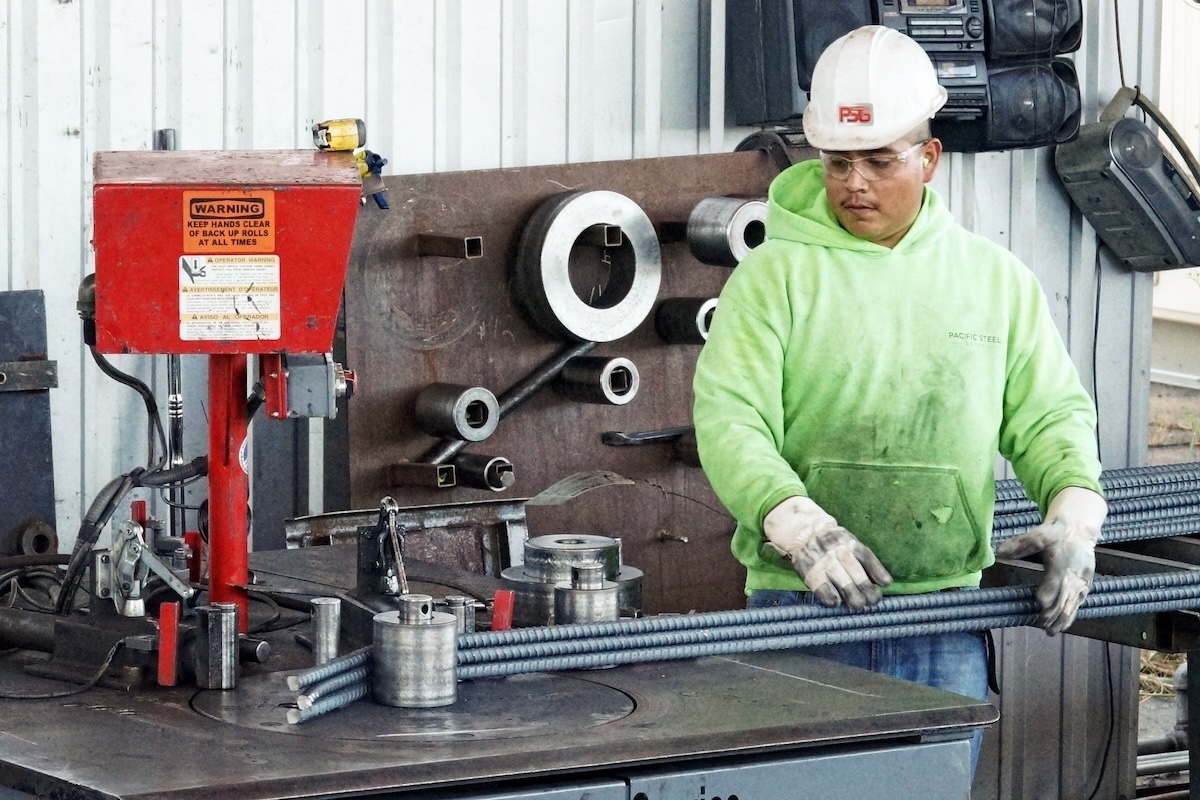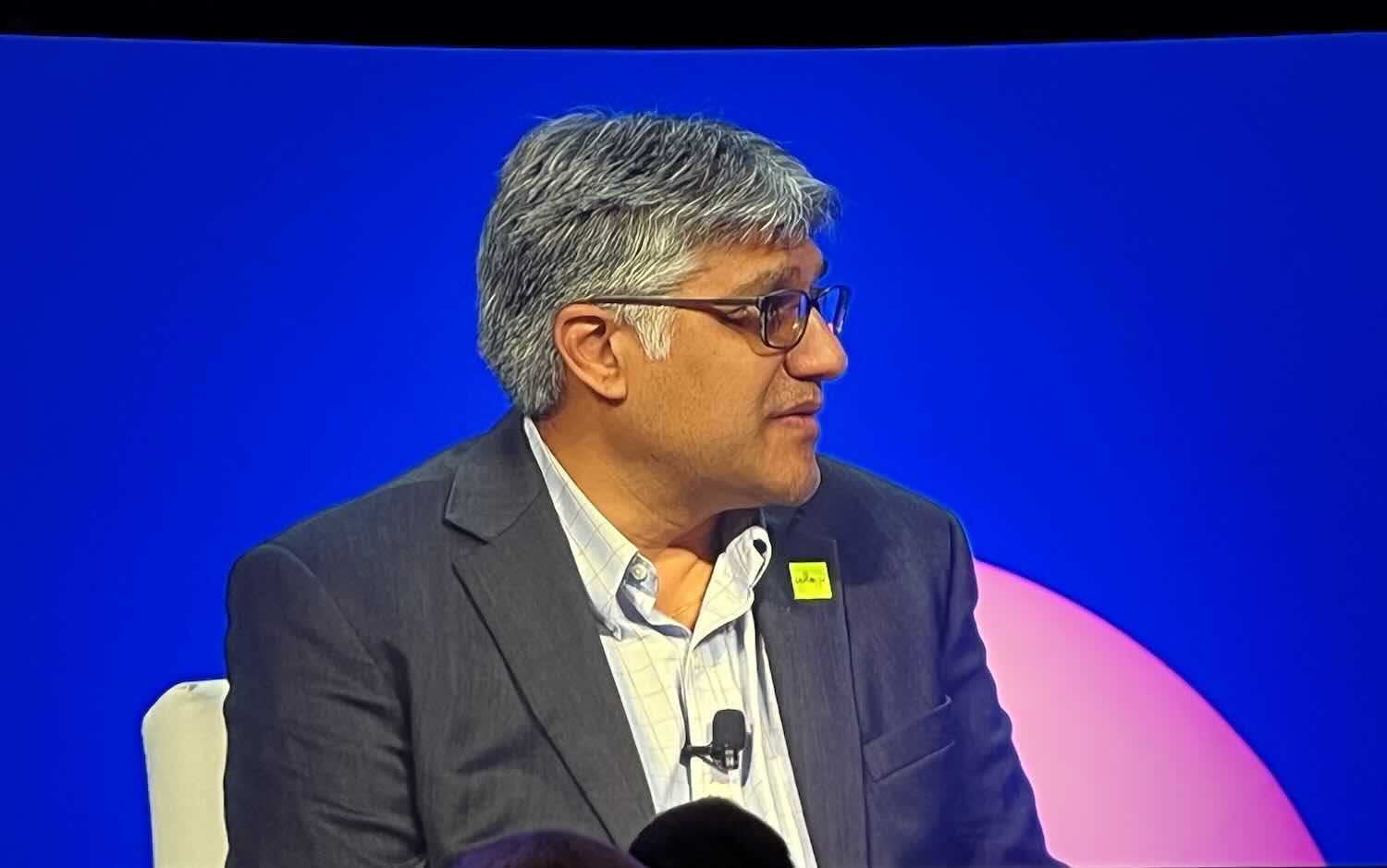New Revivalists is a series from ImpactAlpha and Village Capital profiling the people, places and policies reviving entrepreneurship — and the American Dream.
New Revivalist: Arlan Hamilton, founder and managing partner, Backstage Capital, a $5 million venture capital firm.
Place: Los Angeles, California
Mission: Hamilton left the music industry to launch a venture capital firm to invest in high-potential entrepreneurs who are of color, women and/or LGBT — Hamilton identifies as all three.
Follow: @ArlanWasHere
Arlan Hamilton first took an interest in startups when she was managing tours for bands in the L.A. music industry. She “home-schooled” herself on the intricacies of venture funding and began helping companies raise seed rounds.
She quickly noticed a pattern: when she sent information about a venture led by a white male, investors wanted an intro. When the pitch showed a woman or person of color at the helm, investors passed.
“If the problem is that people are pattern-matching, that means there should be more people like me writing checks,” Hamilton told ImpactAlpha.
In 2015, she created Backstage Capital to address the bias prevalent in the VC world. It took her 16 months to raise her first fund, but she eventually signed big-name limited partners like Andreessen-Horowitz’s Marc Andreessen and Lowercase Capital’s Chris Sacca.
The firm is tiny by Silicon Valley standards — its two funds total just under $5 million. Hamilton has invested $3 million in 64 companies, including Haute Hijab, an ethically sourced fashion brand for Muslim women; Airfordable, an installment-purchase service for airfares; and O.school, a ‘shame-free’ platform to learn about sex.

ImpactAlpha: What is your investment thesis?
Hamilton: We’re investing in people of color, women and LGBT founders. But aside from that, our first two funds are generalist funds. Two-thirds of our companies are outside of California.
We’re never the official lead, although we often act as one. We’re often the smallest check on the capital table. But we’re usually very early compared to everyone else, and try to make that connection to other investors.
ImpactAlpha: How do you spot opportunities that other funders might miss?
Hamilton: Less than 10% of all venture capital deals go to women, people of color, and LGBT founders. Other VCs may see this as a pipeline problem. We see it as an investment opportunity.
I can pick up on things with underestimated founders that show potential, where other people might see challenge. Maybe they don’t fit the bill of a founder or a CEO. I can look at the same founder and say, “How is that a strength, rather than a detriment?”
ImpactAlpha: How do you overcome systemic bias?
Hamilton: First of all, we have an application process that’s open on our web site. We never put out language that founders have to know someone that we already know. That’s really dangerous to say, “You must have a warm introduction.”
The majority of our investments are from warm intros, but some are not. You could know Stewart Butterfield (a cofounder of Slack and Flickr and a Backstage limited partner). Or you could be from St. Louis and not know anyone we know. That will never change no matter how big we get. We looked at around 2,000 companies in 2017, and probably 70% of them were cold.
I’ve found that the companies we choose from cold inbound have the most intriguing and off-the-charts intellectual founders. I think there’s just as much of a chance of us having our first major exit from someone we met cold versus through a limited-partner connection.
We also make ourselves known though podcasts and videos and media interviews to people who don’t normally know about Silicon Valley or venture capital. There are probably people that know who I am that have never heard of Marc Andreessen.
ImpactAlpha: Backstage acquired one of its portfolio companies, The Door. Will we see more of that, or was that a one-off?
Hamilton: I think we will. We’re working on sort of a studio model.
ImpactAlpha: Do you think we’re making progress on closing the funding gap for underrepresented entrepreneurs?
Hamilton: We are. Not just in the work that we’re doing and other VCs are doing, but the general landscape and conversation that’s going on around sexual harassment and abuse. More and more will come out about racial discrimination this year. Because of all the stirring of the soil, people cannot deny it anymore. You can ignore it if you choose to, but you can’t deny it.
There was a recent exit by Sundial, which was sold to Unilever. I had made this prediction on Twitter that we’re going to see a huge exit and $100 million fund run by people of color. So with Sundial we had a big exit and a $100 million fund started.
>>MORE: Unilever and Sundial launch $100 million startup fund for women of color
I think it will continue to happen. We’ll see two or three big exits by women, people of color that will just be in your face. That will make other investors do their lemming thing and follow suit. I don’t mind how it happens. There should not be a party yet, but we are effecting change.












